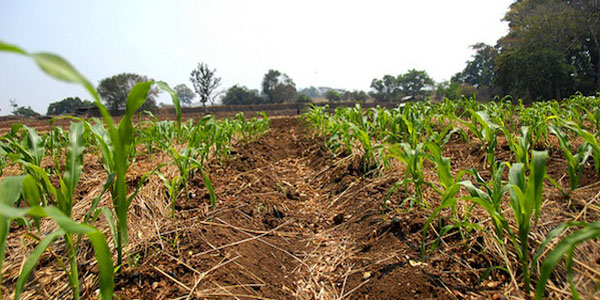Happy New Year!
Been a while, 2016 made me forgot about something very crucial-writing. I am back, thanks to 2017.
Now, it is that part of the year when suddenly people change and you cannot understand them anymore. They have a special name for this disguise-new year resolutions. My friend Mike, with his four followers on Twitter, is apparently exposing all the scandals in the government starting January 1st. He has also vowed to find a girlfriend, propose, and marry this year. Not to mention his past poor record in the sector. Besides, he plans to spare some time on his tight political schedule to market his copy-pasted cocktail recipes (or what is the term for cocktail-making procedure?). Anyway, let me allow my folk to prosper in peace. It’s new year, for heaven’s sake. Mike’s a million resolutions and a complete change of lifestyle have challenged me to also look into my life and do something this year. And after a long soul-searching, wondering, wandering, and re-evaluation of my age, I have settled on something-soil-less farming.
Youth from Africa and across the world should change their view of farming. The industry presents a lot of unexploited business opportunities than it is often seen. Youth should not consider farming as a job for the elderly, the poor, and the less educated. Instead, we should embrace agriculture and diverse new, untapped ideologies to increase productivity and income-generation. There is an urgent need for integrating new knowledge learned in educational institutions in traditional farming practices to produce a blend of quality and sufficient agricultural output. Technological marketing, soil-less agriculture, and bio-engineering are classic examples of business aspects that are yet to be fully exploited in the world of farming. Based on the available statistics, it is evident that farming, particularly agribusiness, is the only industry that can comfortably accommodate the growing population of unemployed youth.
Agriculture is one of the most critical industries in Africa, with a majority of individuals living in rural areas and depending directly on agricultural ventures for survival. International Labor Organization suggests that about 36 percent of youth in Africa reside in the countryside. A change of perception is needed to see the tremendous business opportunities in agriculture and agro-business available for the youth. Youth unemployment is a common challenge among Kenya, Uganda, Rwanda, and many other African countries, with only a slight variation in the percentages. For example, despite the fact that over 78 percent of Kenyan youth are below thirty years old, over 80 percent of persons below thirty-five years old are unemployed.
Statistics from World Bank indicate that agriculture plays a significant role in poverty eradication and economic empowerment in the 21st century. Proceeds from agriculture are enormous, based on the fact that the industry has a considerable variation in the specialties that a farmer can be engaged. For example, Kenya’s Gross Domestic Product (GDP) largely depends on agriculture. However, farming in Africa is characterized by some challenges including lack of ready markets, lack of differentiation in farming methods, poor farming choices, and lack of enough expatriate information to help farmers improve their output. While stakeholders have partnered to ensure solutions are provided to such problems, the dynamic nature of the sector presents new challenges every time. For instance, there has been reported resistance of some crops to some pesticides formulations.
African youth should view all these challenges as agribusiness opportunities. In essence, we should think of how we can transform problems facing farmers into ideal and practical entrepreneurial ventures. For example, can we develop technological tools that can provide information to farmers in rural areas to solve the problem of depending on physical visits by professionals? Can we provide alternative farming methods to farmers in arid and semi-arid areas? Yes, we definitely can convert all these problems into viable businesses. Not farming is not an option to me. African youth should farm their ways out of poverty!
Keep it this platform as I will be updating you on every step of my soil-less farming project. And probably Mike’s progress as well. Yes, I back-bite, here.
Have a great farming year a head. Won’t you?


To farm or not to farm
Of course to farm 100% yes among youths
LikeLiked by 1 person
hey,carefull how you market me long before i put up my own political cum cocktail blog. meanwhile,i be waiting to see how you gonna convince me to share my single room ghetto with your soil less cabbages.
LikeLike
Apparently you are not the one I talk about here 😀
LikeLike
Not to farm, as a youth I’d rather own the farm
LikeLike
Owning the farm is part of the farming process, I guess..What do you think?
LikeLike
Glad your back Kevin! Great post! Yes to farming!! but sustainable farming that doesn’t take away all the forests!
Your friend has too many New Years resolutions! lol… 🙂 T.
LikeLike
Yes, I am back! Great seeing you around still. I love all your posts. Yes, he does! 😀
LikeLiked by 1 person